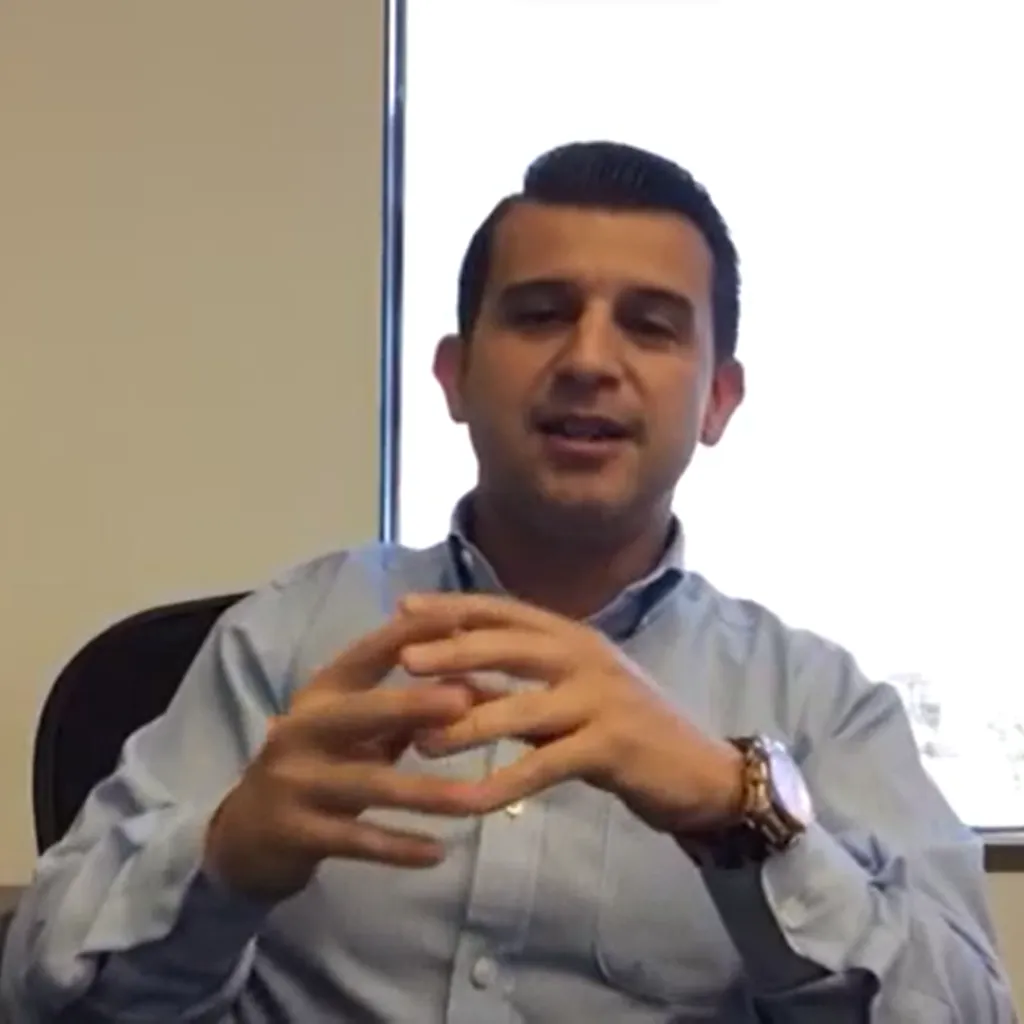INDUSTRY LEADING SOFTWARE AND CONSULTING TO
Find Your Funding and Business Credit Lines
Create your free funding plan to find out what lenders want to work with you right now and how you can access better money as you grow
The Perfect Fit For Every Business
You need an expert in all things business financing from Business Credit to Multi-Million dollar traditional loans. We help you find the perfect business financing solution to fit your immediate, and create a plan to get better funding for your future.
Business Credit Lines
Get access to thousands in unsecured business credit lines
Credit Line Hybrid
Access up to $150,000 no doc financing 0% intro APR
Alternative Lending
Find lenders based on the strengths of your business to secure funding
SBA Loans
Access the best funding for a growing business
Equipment Financing
Business loans to purchase almost all types of equipment
Revenue Financing
Use cash flow or merchant account to secure funding
OUR MISSION
Guide You Through the Entire Business Funding Process
Securing financing is a challenge many small business owners face. We unlock your full potential by creating a strategy to get you the funding you need now and to prepare for bigger opportunities in the future.
We help you prepare your business for lending, work to establish and build business credit, and introduce you to lenders who want to work with you right now and in the future.
We help you set up your business for credibility, build business credit, and get matched with the funding you need to properly grow your business.
Create Your Plan to Fund Your Success
Take your first step to finding your funding! Schedule a Free Funding Planning to find out what you may qualify for right now and to create a long term plan to get the funding you need to grow your business.
Financing Strategies for Every Business
Having access to all types of business loans and business credit opens possibilities of financing for almost any type of business.

Business Credit
Get access to thousands of dollars in business credit lines, many with no personal guarantee.
Growth Financing
Don’t let funding hold back your growth. Fund your next expansion with high limit, low rate, low fee business loans. Many options to choose from.
Equipment Financing
Need equipment for your business? Let us show you all the financing options available for your next purchase.
Revenue Financing
Finance your business using just your monthly cash flow to qualify for flexible terms and relaxed credit guidelines.
Secured Financing
Use assets such as stocks, bonds, inventory, and even 401(k)ss to get some of the best rates and terms.
Commercial Real Estate
Finance your commercial real estate with multiple options for businesses of all sizes. From fix and flip to commercial rentals we have options to fit your needs.
Startup Financing
Need money for your new business? We have options that require no time in business to qualify.
Testimonials
Real results from business owners just like you

Cheryl Reisner, a former bank lender from Shreveport, Louisiana. The suite’s business credit building process unlocked more funding options than she ever imagined, opening up new possibilities for her business. Cheryl believes every business owner can benefit from the Business Finance Suite, as it revolutionizes how they operate.

Louis, a Miami-based business owner found success using the Business Finance Suite, which helped establish a business credit profile. This enabled them to apply for funding without using their Social Security number, eliminating personal liability for credit applications. The speaker highly recommends this program to fellow business owners.

Edward from El Paso, Texas, struggled to secure funding for his small businesses until discovering the Business Finance Suite. Within a month, the suite helped set up his business correctly, establish trade lines and revolving credit, and now he’s on track to receive funding. Edward guarantees it’s worth the investment and only wishes he’d found it sooner.

Brian praises the Business Credit and Funding Suite for its exceptional service and support. Within 3 to 4 months, he was able to secure $50,000 in funding for his business and plans to refer more clients, grateful for the help he received.
